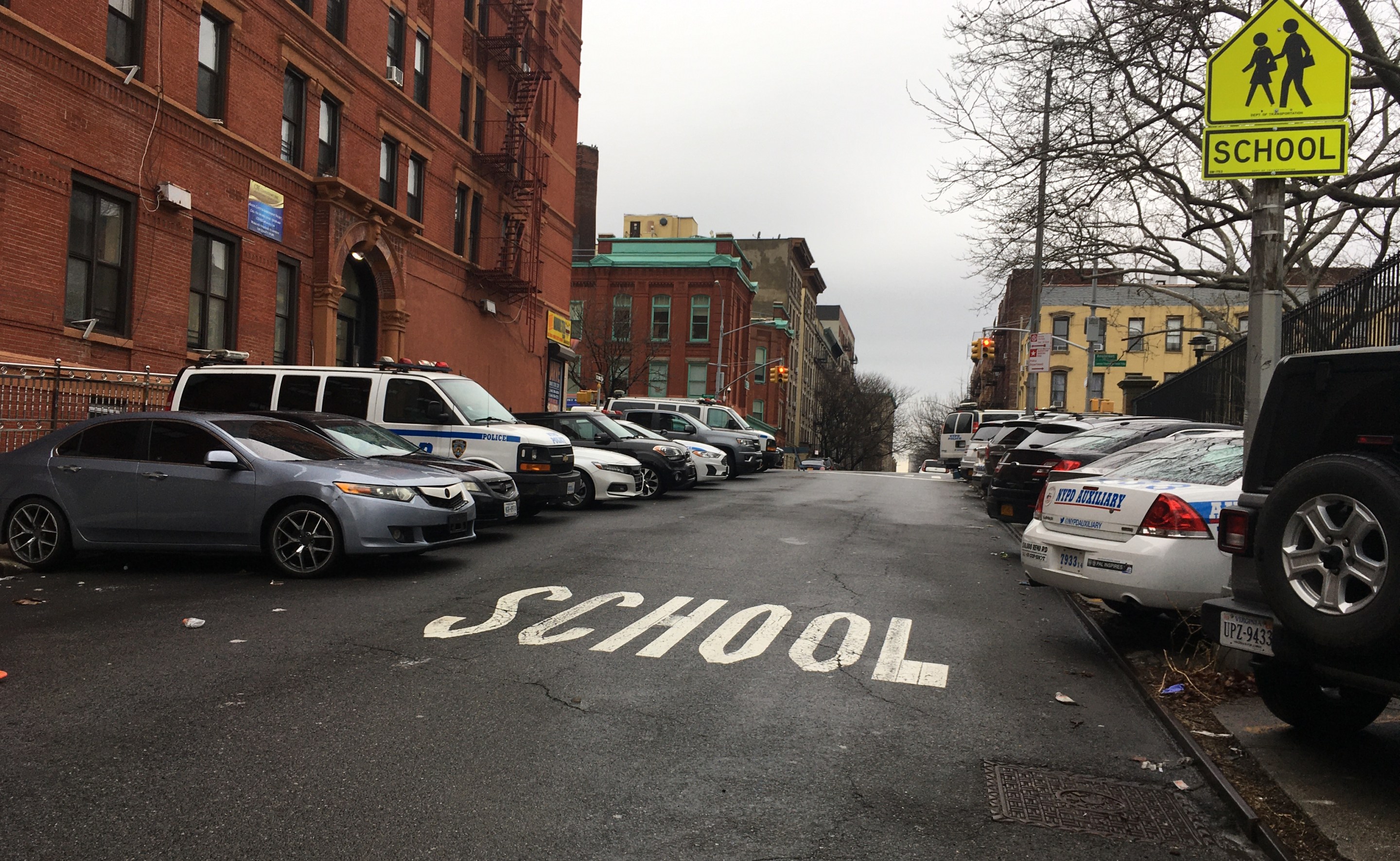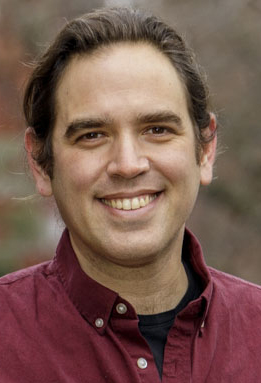My three elementary-school daughters now have two recesses a day — and often eat lunch outdoors. This spring, all kids in their school began having a weekly gardening class. At drop-off and pick-up, a barrier blocks cars from coming down the road adjacent to the school so that parents and caregivers can spill into the street.
These innovations — some coming just in the past month — have happened because of the pandemic. The kids eat outside because there isn't enough space inside. They have gardening because the rooms inside used for special subjects were turned into classrooms. In short, the demands for distancing have pushed P.S. 39 and schools across the city to think creatively about using outdoor space for school activities, including turning streets into extensions of the schools — even if it means prioritizing schooling over parking.
When schools meet streets, children flourish.
What may have seemed unfathomable just 15 months ago has happened in tentative — and successful — experiments around the city. Streets have been opened up for children and teachers, creating desperately needed classroom space and giving students more open-air minutes in their day, for which many teachers, parents, kids and education advocates have long asked.
Some schools have started holding morning meetings in their schoolyards. Others are fortunate to have had the wherewithal to invest in tents and tarps, enabling them to moved art and other classes outside. Still other privileged schools have had the funds to hire more recess coaches to expand play time. These shouldn’t be experiences afforded only to schools whose principals can navigate the system or whose parents can afford it — as I wrote in these pages with the president of P.S. 15 in an op-ed last August about equitable approaches to outdoor schooling. These enriching opportunities could be within all schools with a centralized push backed by resources and funding. Now, I’d add: These experiences shouldn’t only happen during a pandemic.
I’m as big an advocate as anyone for a full-time, in-person, safe, equitable, well-resourced return to school for all our students this fall. I also want to make sure we don’t just "return to normal," but that we build something better — and that includes preserving what some schools have had the chance to experience with outdoor schooling.
I'm worried that the rigidity of our system will push kids back into their classrooms, in rows of desks, looking at smart boards or tablets — instead of recognizing that social studies and teamwork and movement and math can all be taught in the open air. I'm worried that Central will say that schools are spending too many minutes bringing kids outside for two recesses — rather than recognizing that schools are spending too many minutes on test prep and that more time for play is healthy for our kids.
I'm also worried that the schools that have created play streets will be told it's no longer a priority. For the schools with ample yards, that may be workable; for schools with limited outdoor space, the use of our public streets as public places for public-school students has been a game changer.
Then, I have a little hope. Just as Open Restaurants and Open Streets, having proved themselves welcome neighborhood additions during the pandemic, are now being extended — maybe we can learn from how we nimbly adjusted over the past year in our schools, too.
I hope we do. After being told for so long that such a big bureaucratic system can't change easily, our school system did change radically in March 2020, again in September, and again this spring. Now imagine us making those changes intentionally and not in a crisis.
Imagine us preserving small-cohort learning and having more flexibility around individual students' ability with digital literacy. Imagine us backing away from standardized test prep. And imagine us leaning into and expanding the adventures many schools pursued outdoors — especially if we actually collected stories of what worked and how it worked and make those best practices and resources available to all our schools. And if the mayor directed city agencies to work together to make parks, playgrounds and, yes, public streets, part of the solution to expanding the footprint of our schools.
The Department of Education may be taking away snow days (let's see how that goes), but we can fight for two recesses — for outdoor education — and for schooling in our streets.
Justin Krebs is the co-founder of The Tank, a performance venue, and a candidate for City Council in Brooklyn. Follow him on Twitter @justinmkrebs. Streetsblog covered his campaign here.







